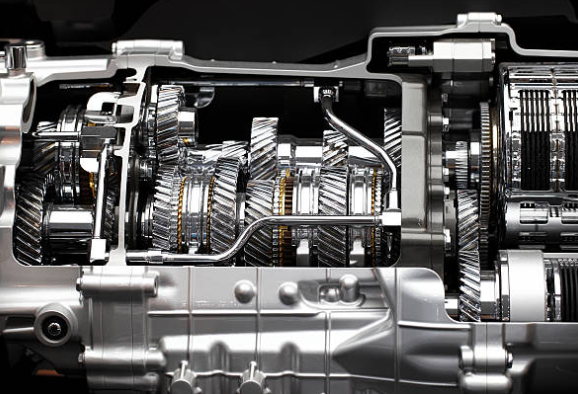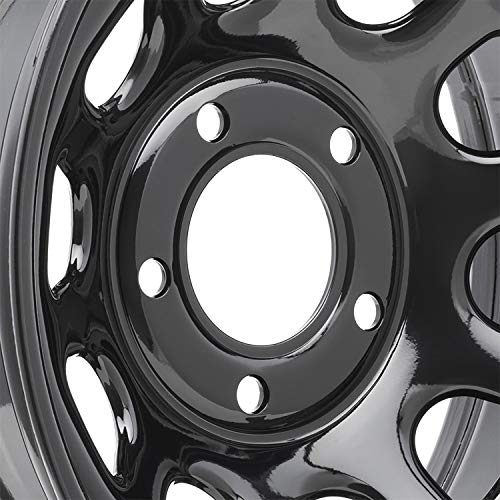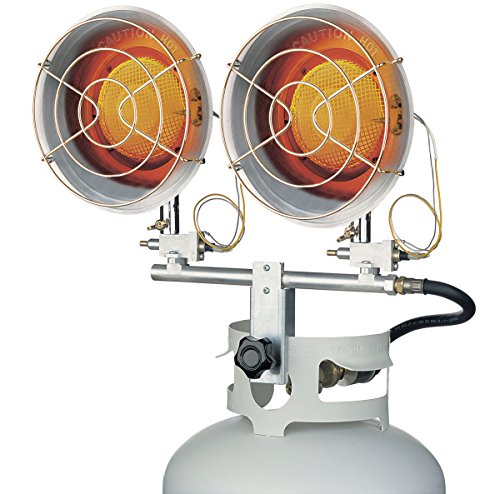Why Does My Car Shake When Braking? Common Causes and Solutions
Do you find yourself concerned because your car is shaking when you hit the brakes? You’re not alone, as this is a common problem. Fortunately, there are several potential causes for car shakes when braking and solutions which can address these issues. In this blog post, we’ll examine what might be causing the vibration as well as some methods of fixing it so that your car will remain safe to operate in the future. Read on to learn more about why your vehicle might be shaking during one of its most important maneuvers – braking.
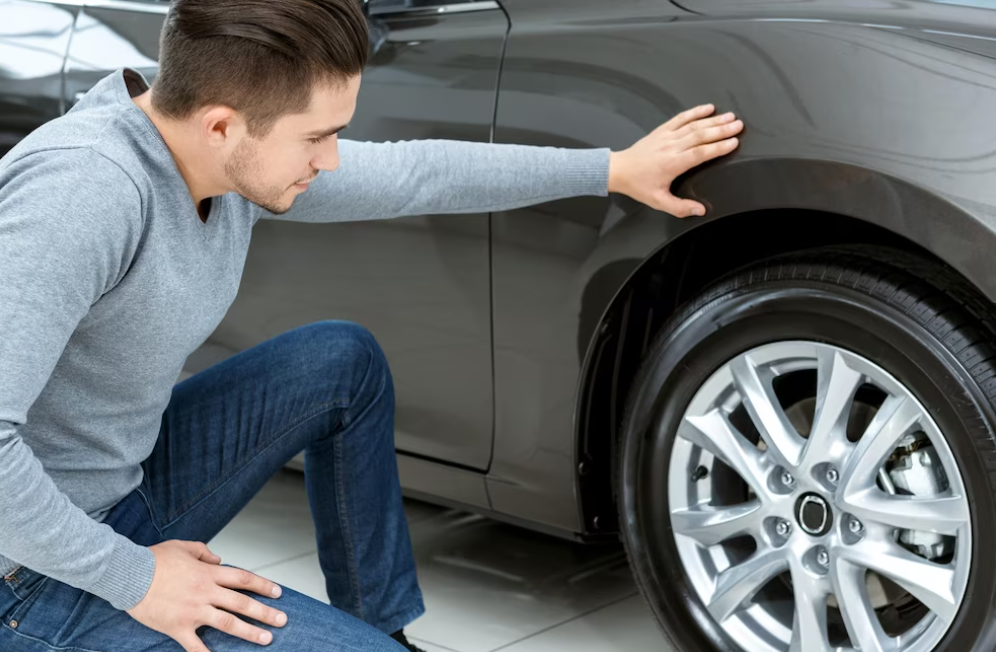
What Causes a Car to Shake When Braking?
Experiencing a car shake when braking can be attributed to various factors, including warped brake rotors, worn brake pads, faulty suspension components, tire issues, brake caliper problems, and steering system problems. Warped rotors and uneven brake pads can lead to vibrations when the brakes are applied, while suspension or tire issues can affect the stability and balance of the car. Problems with brake calipers or contamination in the brake system can also contribute to shaking sensations. If you encounter consistent shaking when braking, it's recommended to consult a professional mechanic who can diagnose the specific cause and provide appropriate solutions to ensure the safety and smooth operation of your vehicle.
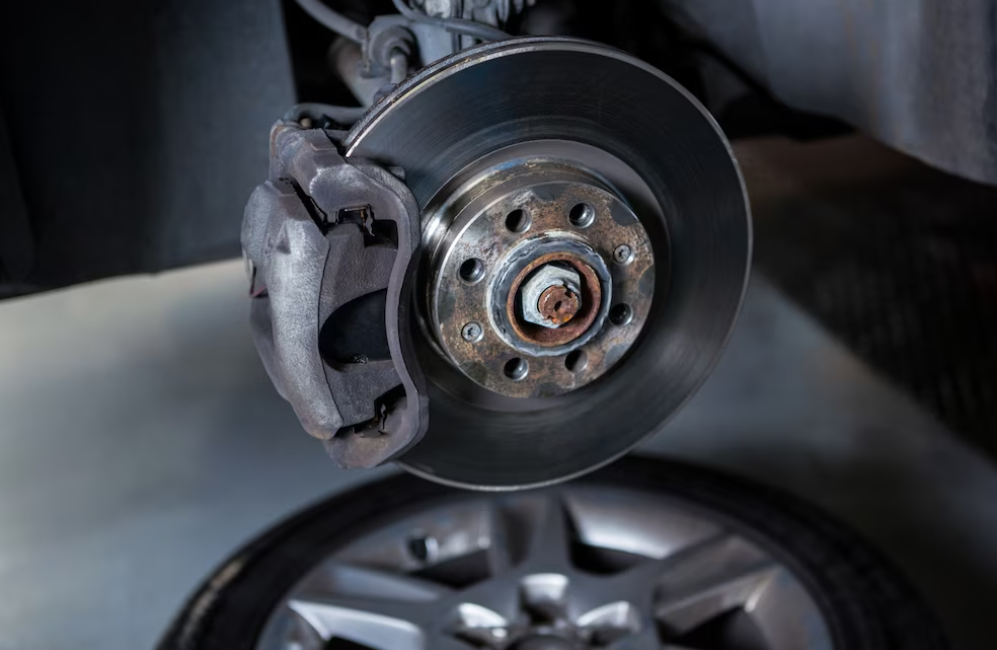
When diagnosing and troubleshooting brake shaking, it's important to observe the symptoms, check for visible damage, and test the brakes under different conditions. Inspecting the brake rotors for warping and the brake pads for wear or damage is crucial. Additionally, examining suspension components and testing wheel bearings can help identify potential causes. Verifying tire condition and balance is also essential. If the cause remains elusive or the shaking persists, seeking professional assistance is recommended. Safety should always be a priority, and if uncertain, it's best to consult a qualified mechanic who can accurately diagnose the issue and perform the necessary repairs to ensure your vehicle's braking system is functioning properly.

Regular Brake Inspections: Schedule regular brake inspections with a qualified mechanic. They can check the condition of your brake components, including rotors, pads, calipers, and hardware, to ensure they are in good working order.
Brake Pad Maintenance: Monitor your brake pads regularly for wear. Replace them promptly when they reach the manufacturer's recommended thickness. Worn-out brake pads can lead to uneven braking and shaking.
Rotor Resurfacing or Replacement: If you notice signs of rotor warping, such as vibrations or shaking during braking, consider having the rotors resurfaced or replaced. This will ensure a smooth and even surface for the brake pads to make contact with.
Proper Torqueing of Wheels: Ensure that your wheels are properly torqued to the manufacturer's specifications. Loose wheels can contribute to brake shaking. Check the torque regularly, especially after tire rotations or removals.
Quality Brake Components: Use high-quality brake components from reputable manufacturers. Quality brake pads and rotors can provide better performance and reduce the likelihood of shaking.
Smooth Braking Technique: Develop smooth and controlled braking habits. Avoid harsh or sudden braking, as it can put additional stress on the brake system and lead to uneven wear.
Tire Maintenance: Regularly inspect and maintain your tires. Check for proper inflation, rotate them at the recommended intervals, and replace them when necessary. Properly balanced and aligned tires contribute to a smooth braking experience.
Avoid Overheating the Brakes: Minimize excessive or prolonged braking, especially during downhill descents. Overheating the brakes can lead to rotor warping and cause shaking. Use lower gears and engine braking when descending steep slopes.
Professional Brake Service: If you experience persistent shaking or have concerns about your braking system, seek professional brake service. A skilled mechanic can accurately diagnose and address any underlying issues.
-
Can brake pad wear cause the car to shake when braking?
Yes, worn brake pads can contribute to car shaking when braking. As the brake pads wear down, they may become uneven, resulting in inconsistent contact with the rotors. This uneven contact can cause vibrations and shaking during braking.
-
How do I know if my brake rotors are warped?
Signs of warped brake rotors include pulsation or shaking when braking, a vibrating brake pedal, or a noticeable wobbling sensation. If you suspect warped rotors, it's advisable to have a mechanic inspect them and recommend resurfacing or replacement if necessary.
Read more review here: Top 10 Dash Covers For Ultimate Dashboard Protection


